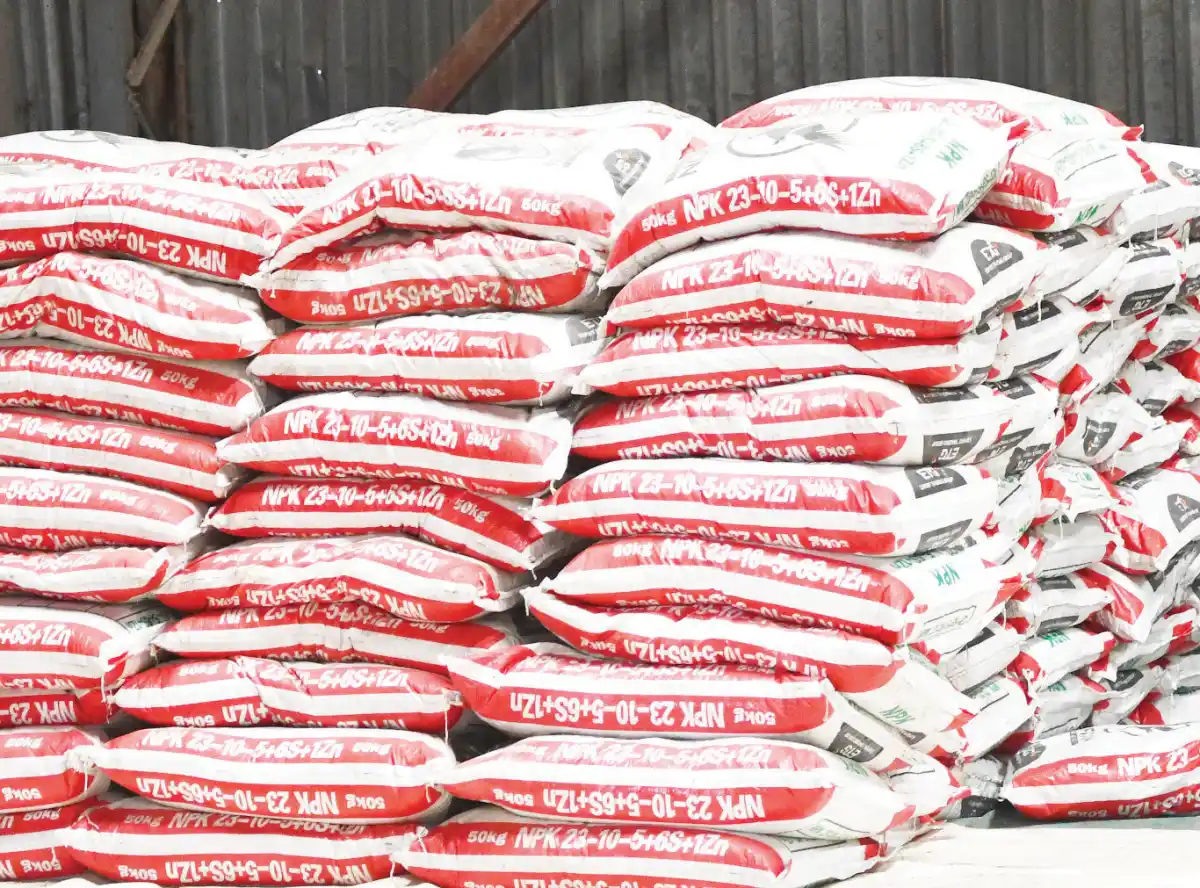
By Benadetta Chiwanda Mia
Fertiliser Association of Malawi has pegged the current fertilisers supply deficit at approximately 150,000 metric tonnes (mt).
This is primarily due to financing challenges hindering supply companies from importing the commodity.
In an interview, Mbawaka Phiri, administrator for the association, stated that Malawi’s normal annual fertiliser consumption is around 400,000mt.
“However, if we are unable to procure that quantity, we may end up importing only 200,000mt to 250,000mt. So that means there’s a gap of 150,000mt minimum to fill, to meet the consumption requirements for Malawi,” Phiri said.
Phiri noted that uncertainty looms over the country’s ability to meet this supply requirement, as companies are struggling to secure financing from banks.
“This is because of the high interest rates prevailing in our system. So companies will not be able to buy stock in the quantities that they normally would in a year where the product is readily available. So I do not think that we will have enough stock for the country the way that the country consumes it,” Phiri added.
Global fertiliser prices have been on the rise, with Di-Ammonium Phosphate (DAP) increasing for the third consecutive month to $573.4 per mt in October 2024, up from $554.8 in September.
A Financial Market Intelligence Report by the Reserve Bank of Malawi attributed the rise to increased demand from India.
Similarly, Urea prices surged to $374.8 per mt, up from $337.5. This increase was influenced by escalating geopolitical tensions between Israel and Iran, which heightened market fears, coupled with a drawdown on urea inventories due to global production challenges.
Commenting on these price increases, Phiri indicated that local market prices would eventually reflect these global changes due to factors such as high transport costs and logistical challenges, although the changes would not be immediate.
“Most of the fertiliser is already in-country. If it’s on retail shelves, it has been purchased already. To restock, we would need to pay more due to the price increase. Prices may change over time, but not immediately,” Phiri said.
Currently, the price of fertiliser on the local market ranges from K105, 000 to K120, 000 per 50kg bag.








0 Comments